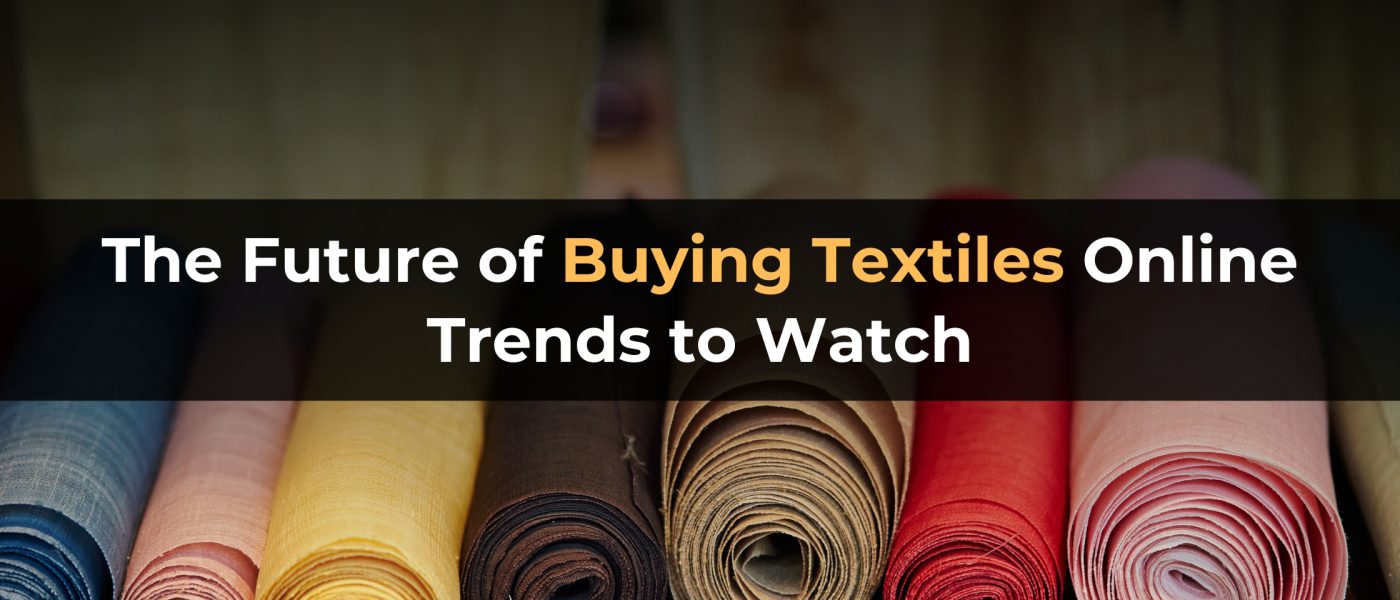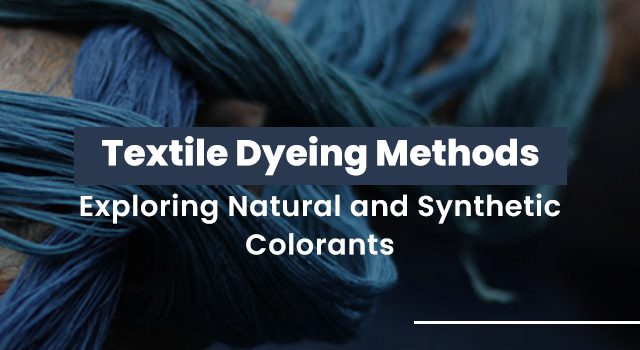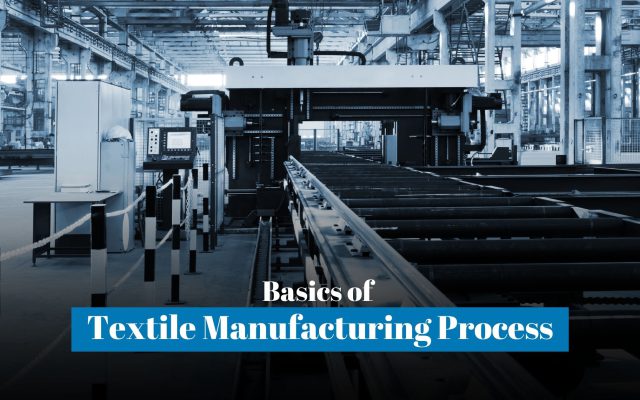The textile industry is undergoing a digital transformation, with online platforms reshaping the way businesses and individuals source materials. The ability to purchase online textile products has simplified the process, offering a wide range of fabrics, competitive pricing, and convenience. Among these materials, cotton fabric material online remains a popular choice for its versatility and sustainability.
As the industry evolves, new trends are emerging that promise to further revolutionize textile sourcing. This blog explores the key trends shaping the future of online textile purchasing.
Why Online Textile Platforms Are Thriving
The rise of e-commerce has made online textile platforms indispensable for buyers and sellers alike. Here are some reasons for their growing popularity:
1. Convenience
Online platforms eliminate the need for physical visits to suppliers, enabling buyers to browse and order textiles anytime, anywhere.
2. Wide Selection
From natural fibers like cotton and silk to technical textiles, online platforms offer an extensive range of options.
3. Cost Efficiency
Digital platforms enable price comparisons and direct transactions with suppliers, reducing costs for buyers.
4. Transparency
Detailed product descriptions, reviews, and supplier ratings provide buyers with the information needed to make informed decisions.
5. Global Access
Buyers can source textiles from suppliers worldwide, expanding their options and fostering international trade.
Key Trends in Online Textile Purchasing
The digital textile market continues to evolve, with the following trends shaping its future:
1. Sustainability Takes Center Stage
As consumers demand eco-friendly products, online textile platforms are prioritizing sustainable options like organic cotton and recycled fabrics.
Implications:
- Increased availability of certified sustainable textiles.
- Growth in demand for biodegradable and renewable materials.
2. Integration of AI and Machine Learning
AI-powered platforms are revolutionizing the buyer experience by offering personalized recommendations and optimizing search functionality.
Implications:
- Faster and more accurate fabric searches.
- Tailored suggestions based on past purchases and preferences.
3. Blockchain for Transparency
Blockchain technology is being adopted to enhance supply chain transparency and ensure ethical sourcing.
Implications:
- Buyers can trace the origin of fabrics and verify certifications.
- Increased trust between buyers and suppliers.
4. Growth of Virtual Showrooms
Virtual showrooms allow buyers to view and interact with textiles online, providing a more immersive shopping experience.
Implications:
- Enhanced visualization of fabric details like texture and color.
- Reduction in the need for physical samples.
5. Expansion of Small-Scale Suppliers
Online platforms are giving small-scale fabric manufacturers a global reach, increasing diversity in the market.
Implications:
- Access to unique and niche textiles.
- Opportunities for local artisans to showcase their products internationally.
6. Faster Logistics and Delivery Systems
With advancements in logistics, online platforms are offering faster and more reliable delivery services.
Implications:
- Reduced lead times for textile sourcing.
- Improved customer satisfaction and repeat business.
7. Focus on Customization
Buyers increasingly seek personalized textiles to meet specific requirements, prompting platforms to offer customization options.
Implications:
- Tailored solutions for niche markets.
- Enhanced buyer-supplier collaboration.
The Role of Cotton Fabric Material in Online Sourcing
Among the most sought-after materials on online platforms is cotton fabric material online, prized for its versatility, comfort, and sustainability.
Why Cotton Fabric Material is Popular:
- Eco-Friendly: Cotton is biodegradable and renewable, making it a sustainable choice.
- Comfort: Soft, breathable, and hypoallergenic, it’s ideal for garments and home textiles.
- Versatility: Suitable for diverse applications, including casual wear, formal clothing, and industrial use.
- Durability: Long-lasting and easy to maintain, offering excellent value for money.
How Online Platforms are Enhancing Cotton Fabric Sourcing
1. Certified Suppliers
Reputable platforms work with verified suppliers, ensuring consistent quality and sustainability.
2. Organic Options
Buyers can easily find certified organic cotton fabrics, catering to the demand for eco-friendly textiles.
3. Customization Services
Platforms offer tailored options, such as specific weaves, patterns, and finishes, for cotton fabrics.
4. Transparent Pricing
Detailed cost breakdowns help buyers compare prices and secure the best deals.
5. Global Connectivity
Online platforms connect buyers with cotton fabric suppliers worldwide, fostering international trade.
Tips for Buying Textiles Online
To ensure a smooth sourcing experience, follow these tips:
- Define Your Needs: Clearly specify the type, quantity, and specifications of the textiles you require.
- Research Trusted Platforms: Work with verified suppliers on reputable platforms.
- Request Samples: Evaluate fabric quality by requesting physical samples before bulk purchases.
- Compare Prices: Review pricing across platforms to find the best deals.
- Check Certifications: Look for certifications like GOTS for organic cotton and sustainability assurance.
Challenges in Online Textile Sourcing
Despite its many advantages, online textile sourcing comes with potential challenges:
1. Quality Concerns
- Solution: Request samples and work with verified suppliers.
2. Delivery Delays
- Solution: Partner with platforms offering reliable logistics and track orders regularly.
3. Misleading Descriptions
- Solution: Communicate directly with suppliers to clarify product details.
Conclusion
The future of online textile sourcing is bright, driven by advancements in technology, sustainability practices, and global connectivity. As platforms evolve, they’re making it easier than ever to source materials like cotton fabric material online, offering buyers a seamless, transparent, and efficient experience.
Whether you’re a small business owner or a large-scale manufacturer, staying ahead of these trends will ensure you reap the benefits of the digital textile revolution. Explore trusted platforms like TEXchange Global and IndiaMART to start your online sourcing journey today!




